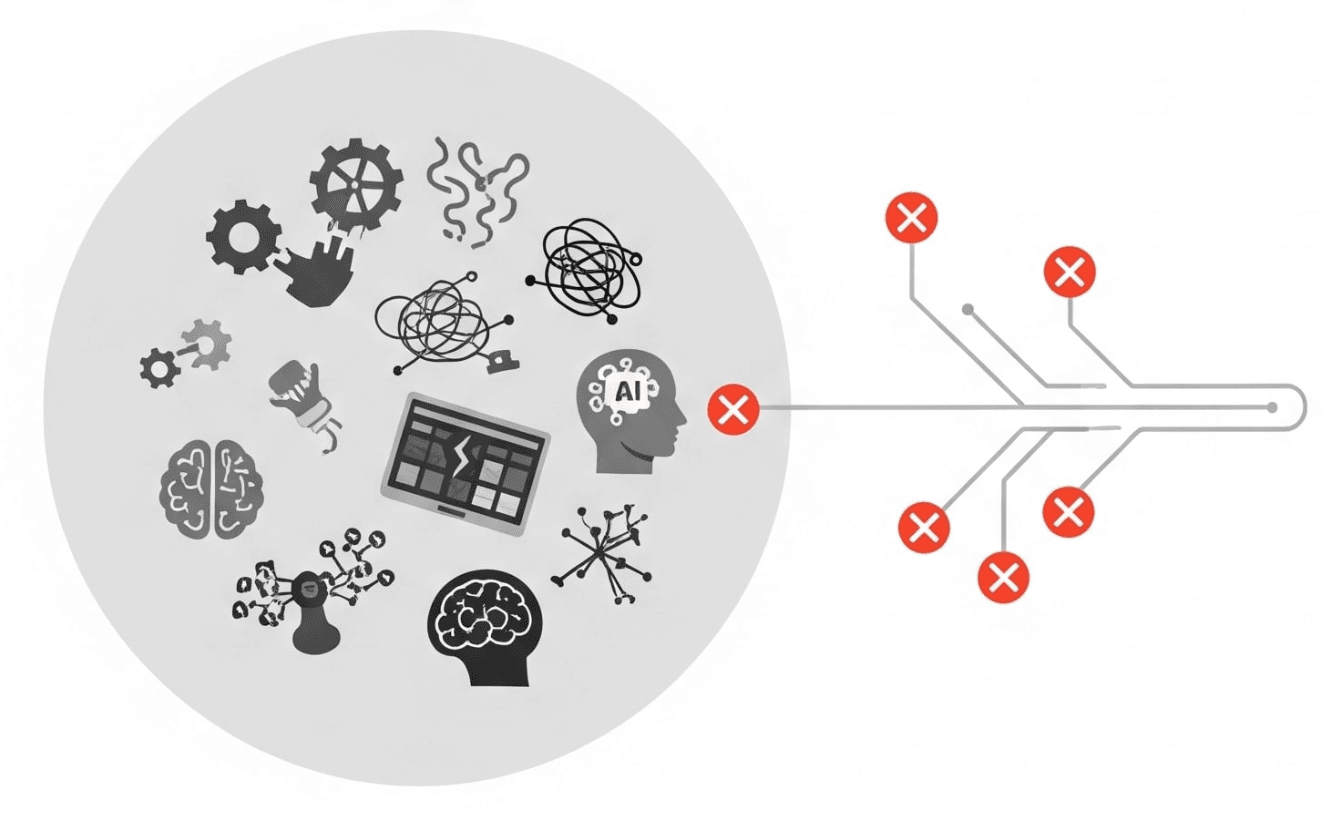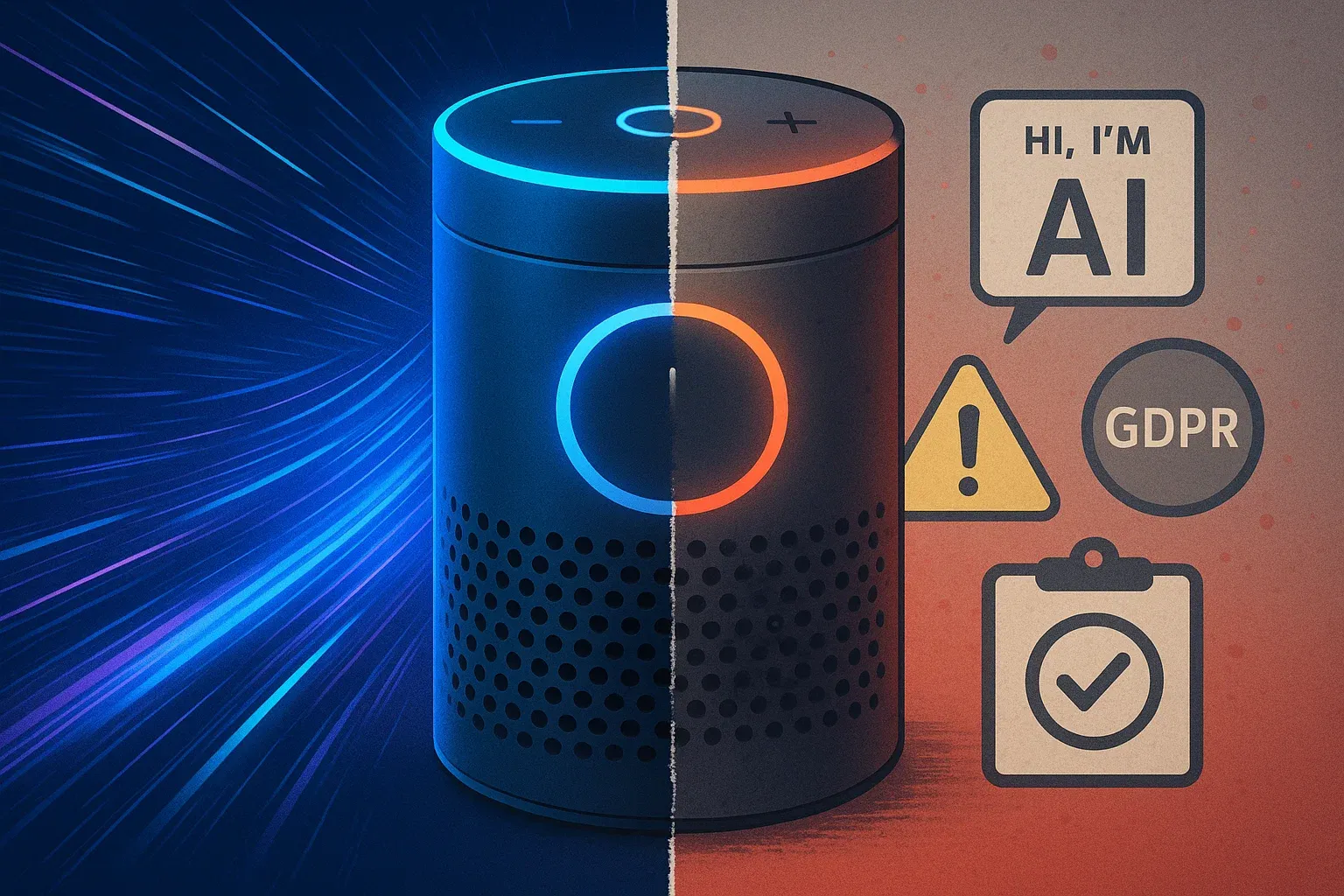More Articles
Turn OpenCall Into Your AI Office Manager
Your AI shouldn’t be stuck with “supported flows.” Tickets Anywhere lets OpenCall delegate work into the systems you already use, without custom integrations or watered-down workflows.

95% of GenAI deployments are failing. Here is the operating manual to be in the 5%
A new MIT Media Lab study (Project NANDA) reports that roughly 95% of enterprise generative-AI initiatives show no measurable business return. The outliers buy proven tools, integrate deeply with systems of record, and manage to business SLOs instead of model benchmarks.
Why Your AI Agent Repeats Itself — and What We’re Doing About It
Your AI agent isn’t broken — it’s just forgetting what it already knows. Most repeat questions happen when a customer changes topics, and your AI starts from scratch. We’ve fixed that. Here's how.

The Hidden Margin Killer of 2025
One wrong address. A whole route derailed. The cost of bad dispatch data is rising fast. AI voice agents are cutting it at the source.
Every AI Claims to Be Conversational. Try Adding Business Logic.
Your business needs proper data formatting. Your customers hate robotic conversations. OpenCall's enhanced memory engine finally gives you both—watch it enforce complex requirements while sounding surprisingly human.
What Klarna’s Pivot Reveals About the Limits of AI
Klarna, once one of the loudest voices in AI-first customer service, recently walked back a key part of its automation strategy.
India-Pakistan Crisis Shows the Fragility of Offshore Call Centers
The Kashmir attack and air-space closures imperil India’s BPO hubs. Here's why on-shore AI voice agents are now business-critical.
Summer Rush, Staff Shortages, and Missed Calls
Summer 2025 is shaping up to be brutal. Customers are calling non-stop. Staff are off on vacation. It’s hot, it’s hectic, and you’re doing everything you can just to keep up.
Why Customers Still Call
In a world full of websites, apps, and chatbots, customers still pick up the phone. And they’re not doing it by accident. They’re calling because they need something now—answers, action, reassurance.
You've reached the end!
That's all our stories for now. Check back soon for more insights.
